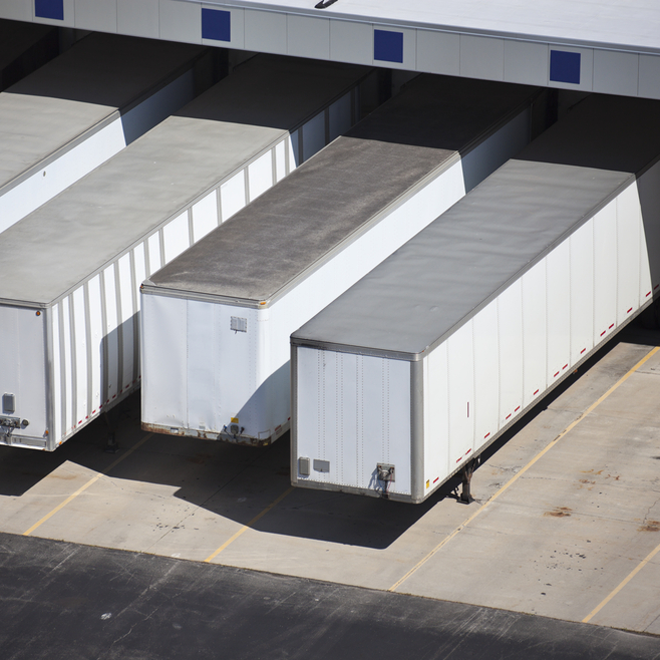The ultimate goal is to make a successful 3PL selection. Failure to clearly define and communicate operational and performance requirements results in longer time to select a partner, higher contract pricing, longer and more difficult contract negotiations, implementation problems and delays, and higher probability of performance failures and relationship dissolution. We have discussed the importance of providing details, beyond just averages for inbound, outbound, and inventory requirements.
Transportation requirements can quickly lose validity when consolidated or averaged. In order to receive accurate pricing for comparison and partner selection purposes, provide 3PLs or potential transportation partners with detailed shipment data. If shipment details are not maintained in corporate systems, establish a process for accumulating detailed samples or utilize your freight payment provider data if your company contracts freight audit and payment services. Minimum shipment data should include:
- Date
- Source location and destination location
- Mode
- Cartons or pallets depending on shipment size
- Weight, and cube
An annual sample is best but if the volumes are very high, a sample of the lowest, highest, and “average” months should be provided. Identifying the shipment mode in the data files will enable providers to determine opportunities for savings through shifting freight between modes if appropriate.
Service and quality performance requirements set the foundation for service level agreements that will be negotiated into the outsourcing contract and can be a distinguishing feature between potential 3PL partners.
- Transaction and cycle times may be critical to an operation’s effectiveness and should be defined and communicated.
- Inbound dock to stock time may be critical in a high turn environment but less critical in a seasonal inventory build scenario.
- Outbound order to shipment cycle times are important service elements but requirements vary between products and industries.
- Time requirements for system updates and information reporting such as normal reporting vs recall reporting should be specified based on necessary transaction processing.
- Operational quality metrics such as order accuracy, inventory accuracy, and damage reporting and allowances must be specified. Specification should include the data sources, computation formulas and the acceptable performance thresholds for these metrics.
Other requirements to clearly communicate include expected growth, IT integration, reporting, and special needs. Specify the expected volume growth in order for providers to plan space, equipment and labor to accommodate expected activity levels. IT integration requirements may include EDI transaction sets and formats, utilization or integration with ERP systems, web access requirements, and transmission of data to client’s customers or carriers.
Specify daily, weekly, and monthly activity and inventory reporting requirements. Most 3PLs will have a standard suite of reports which should also be reviewed and utilized when appropriate. Finally, specify any special needs such as security requirements, return processes, damage handling, lot management, and other processes that may be required to effectively manage the business.
Outsourcing logistics operations to an experienced 3PL partner can result in significant benefits to a manufacturing or distribution entity. Many companies do not take the time or expend the resources to clearly define their logistics requirements. As a result, the cost is higher than it should be, service levels suffer, operational transition takes longer and incurs more problems with startup, and the relationship starts out with mistrust and potential animosity. Proper definition and documentation of logistics operations requirements ultimately leads to better 3PL partner selections, operational transitions, and partner relationships.
Successful 3PL Partner Selection, Part 1
Successful 3PL Partner Selection, Part 2
As of September 8, 2020, Crimson & Co (formerly The Progress Group/TPG) has rebranded as Argon & Co following the successful merger with Argon Consulting in April 2018.







